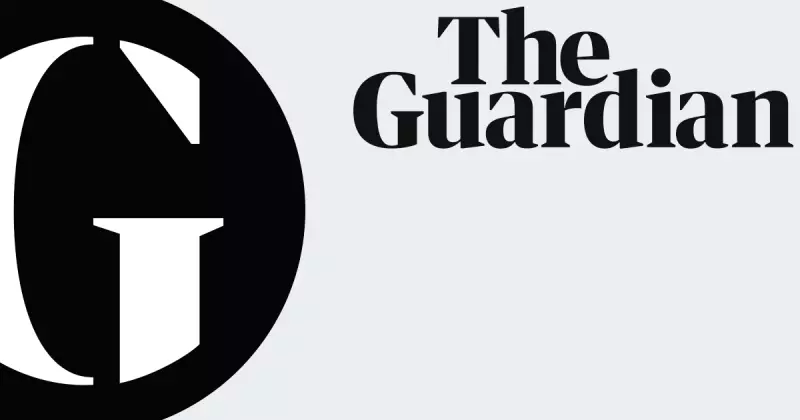
A startling development in Australia's political landscape has exposed the murky world of parliamentary access and influence, as Senator David Pocock finds himself barred from Parliament House's exclusive members' sports club.
The Unwelcome Senator
In what insiders are calling a politically charged decision, independent Senator David Pocock has been denied access to the parliamentary sports facility—a space typically available to all parliamentarians. This unprecedented move raises fundamental questions about who controls access within the halls of power and why.
More Than Just a Gym Ban
This isn't merely about fitness facilities. The sports club serves as a crucial networking hub where politicians, staffers, and—controversially—lobbyists mingle outside formal settings. The exclusion of Senator Pocock suggests deeper tensions about political influence and access that extend far beyond the gym walls.
A Pattern of Political Isolation?
Sources close to the situation indicate this ban reflects broader concerns about how lobbying access is managed within Parliament House. The decision to bar a sitting senator from common facilities represents an extraordinary escalation in internal political conflicts over transparency and influence.
What This Reveals About Australian Politics
The incident exposes several worrying trends in contemporary Australian governance:
- The blurred lines between legitimate networking and improper influence
- How access to parliamentary facilities can be weaponised for political purposes
- The ongoing struggle between established political networks and independent voices
- Questions about who really controls the spaces where political deals are made
This development comes amid growing public concern about transparency in political dealings and raises urgent questions about the health of Australian democracy.





